The job interview: a phrase that can evoke a cocktail of excitement, nervousness, and sometimes, sheer dread. For decades, preparation meant poring over company websites, rehearsing answers in front of a mirror, and perhaps roping in a patient friend for a mock session. While these methods have their place, a new, powerful ally has emerged, set to redefine how we approach this crucial career milestone: Artificial Intelligence (AI).
AI isn’t just a futuristic buzzword anymore; it’s a tangible force transforming industries, and job interview preparation is no exception. From personalized coaching to instant feedback and predictive insights, AI tools are democratizing access to high-quality interview practice, offering a level of sophistication previously unimaginable for the average job seeker.
But how exactly is AI changing the game? Is it a fleeting trend or a fundamental shift? Let’s dive deep into the ways AI is revolutionizing interview preparation, equipping you with the knowledge to leverage these tools and walk into your next interview more confident and prepared than ever before.
The “Old Way” vs. The AI-Powered “New Way”
Think back to traditional interview prep. It often involved:
- Generic Advice: Reading articles or books with common interview questions and somewhat standardized answers.
- Limited Feedback: Relying on friends or family who, while well-meaning, might lack professional interviewing experience or hesitate to give truly critical feedback.
- Mirror Practice: Useful for observing body language, but lacks interaction and objective analysis of answer content.
- Guesswork: Trying to anticipate questions based on the job description, often leading to a scattered approach.
- Time Constraints: Finding someone available for mock interviews could be challenging.
Now, contrast this with the AI-powered approach:
- Personalized Practice: AI platforms can tailor mock interviews based on specific job roles, industries, and even company cultures.
- Instant, Granular Feedback: AI can analyze your verbal responses, tone of voice, pacing, use of filler words, and even non-verbal cues (via webcam).
- Realistic Simulations: AI can mimic various interviewer styles, from friendly to challenging, preparing you for different scenarios.
- Data-Driven Insights: AI tools can identify patterns in your answers, suggest stronger keywords, and help you structure responses more effectively (e.g., using the STAR method).
- 24/7 Availability: Practice anytime, anywhere, as many times as you need.
This shift isn’t just about convenience; it’s about a more effective, targeted, and empowering way to prepare.
Key Ways AI is Revolutionizing Interview Preparation
Let’s break down the specific applications of AI that are making a real difference for job seekers.
1. AI-Powered Mock Interviews: Your Personal Interview Coach
This is perhaps the most impactful application. AI platforms can:
- Simulate Real Interviews: Engage in interactive mock interviews where an AI plays the role of the interviewer, asking relevant questions.
- Tailor Questions: Generate questions based on the job description you upload, your resume, or the specific industry you’re targeting. This moves beyond generic “tell me about yourself” to highly specific behavioral and technical questions.
- Adapt to Your Responses: Some advanced AI can even ask follow-up questions based on your answers, creating a more dynamic and realistic practice session.
- Variety of Interviewer Styles: Experience different interviewer personas to prepare for various personalities you might encounter.
The Benefit: You get to practice in a safe, low-stakes environment, honing your answers and building confidence with each session. It’s like having an on-demand interview coach who never gets tired.
2. Instant, Data-Driven Feedback: Uncovering Your Blind Spots
One of the biggest challenges with traditional prep is getting objective, constructive feedback. AI excels here:
- Speech Analysis:
- Pacing and Clarity: Are you speaking too fast, too slow, or mumbling?
- Filler Words: Identifies overuse of “um,” “uh,” “like,” “you know.”
- Word Choice & Keywords: Suggests stronger vocabulary or industry-specific terms.
- Tone Analysis: Detects if your tone matches the sentiment of your answer (e.g., enthusiastic for strengths, reflective for weaknesses).
- Answer Content Analysis:
- Relevance: Does your answer directly address the question?
- Structure: Are you using frameworks like STAR effectively for behavioral questions?
- Completeness: Did you provide enough detail and evidence?
- Non-Verbal Cue Analysis (with video):
- Eye Contact: Are you maintaining appropriate eye contact with the camera (crucial for video interviews)?
- Facial Expressions: Do you appear engaged and confident?
- Body Language: Posture, hand gestures (though this is still an evolving area for AI).
The Benefit: AI provides immediate, unbiased feedback that humans might miss or be hesitant to share. This allows for rapid iteration and improvement, helping you polish your delivery and content.
3. Resume and Cover Letter Optimization: Getting Past the ATS
Before you even get to the interview, your application needs to impress. AI helps here too:
- ATS Compatibility: AI tools can scan your resume and cover letter to ensure they are formatted correctly for Applicant Tracking Systems (ATS), the software most companies use to filter applications.
- Keyword Matching: Suggests relevant keywords from the job description to include in your documents, increasing your chances of getting noticed.
- Clarity and Conciseness: Identifies jargon, passive voice, or overly complex sentences, helping you create a more impactful application.
- Grammar and Spelling: Advanced AI-powered grammar checkers go beyond basic spell-check to improve overall writing quality.
The Benefit: Your application is more likely to pass the initial screening and land in the hands of a human recruiter, leading to more interview opportunities.
4. Predictive Question Generation: No More Guessing (Mostly!)
While you can’t know every question, AI can significantly improve your ability to anticipate:
- Job Description Analysis: AI analyzes the job description, company information, and industry trends to predict likely interview questions, including technical and behavioral ones.
- Personalized Question Banks: Based on your resume and stated career goals, AI can generate questions tailored to your specific background and the roles you’re targeting.
The Benefit: You can focus your preparation on the most probable questions, making your practice sessions more efficient and effective.
5. Skill Gap Analysis: Knowing Where to Focus
After a few AI-powered mock interviews, patterns will emerge:
- Identifying Weaknesses: AI can highlight recurring issues, whether it’s struggling with certain types of questions (e.g., “Tell me about a time you failed”), consistently using filler words, or not providing strong examples.
- Targeted Improvement: By pinpointing these areas, you know exactly what to work on. Some platforms might even suggest resources or exercises to improve specific skills.
The Benefit: You spend your valuable preparation time on areas that will yield the most improvement, rather than practicing things you’re already good at.
6. Research and Company Insights: Preparing Smarter
Understanding the company and its culture is vital. AI can expedite this research:
- Automated Summaries: AI tools can sift through vast amounts of company data (news articles, financial reports, social media) to provide concise summaries and key insights.
- Identifying Cultural Cues: Some AI can analyze a company’s online presence to give you a sense of its values and work environment, helping you tailor your answers and questions accordingly.
The Benefit: You save time on research and can quickly grasp key information to demonstrate your genuine interest and alignment with the company.
7. Accessibility and Affordability: Leveling the Playing Field
Professional interview coaching can be expensive and geographically limited. AI changes this:
- Cost-Effective: Many AI interview prep tools offer free tiers or affordable subscription models, making high-quality practice accessible to a broader audience.
- Global Reach: Anyone with an internet connection can access these tools, regardless of their location.
The Benefit: AI democratizes interview preparation, giving more people the chance to hone their skills and compete effectively in the job market.

Ready to land your dream job? Start Practicing Now!

Join thousands preparing smarter with AI-powered interview coaching.
The Undeniable Benefits of AI in Interview Prep
The integration of AI into interview preparation isn’t just about new features; it’s about tangible benefits that can significantly impact your job search success:
- Increased Confidence: Repeated practice in a safe environment, coupled with constructive feedback, naturally builds self-assurance.
- Reduced Anxiety: Familiarity with the process and knowing you’re well-prepared can significantly lessen interview jitters.
- Targeted and Efficient Practice: AI helps you focus on what matters most, making your preparation time more productive.
- A Competitive Edge: Job seekers who leverage these tools are often better polished and more articulate, giving them an advantage.
- Improved Self-Awareness: AI feedback can reveal habits or communication patterns you weren’t previously aware of.
- Better Storytelling: AI tools often guide users to structure answers effectively, particularly for behavioral questions using frameworks like STAR, leading to more compelling narratives.
The Human Element: AI as a Tool, Not a Replacement
While AI offers incredible advantages, it’s crucial to remember that it’s a tool to augment human capabilities, not replace them entirely. The goal of an interview is still to make a human connection.
- Authenticity is Key: Your personality, genuine enthusiasm, and unique experiences are what make you stand out. Don’t let AI turn your answers into robotic, over-rehearsed scripts. Use AI to refine, not to replace your voice.
- Soft Skills Still Reign Supreme: Empathy, active listening, critical thinking, and the ability to build rapport are skills AI can help you practice displaying, but the genuine execution is up to you.
- Understanding Nuance: AI is getting better, but human interviewers can pick up on subtle nuances, cultural context, and unspoken cues that AI might miss.
- Ethical Considerations and Bias: It’s important to be aware that AI algorithms can sometimes reflect biases present in their training data. Reputable AI tool providers are actively working to mitigate this, but critical thinking is always necessary.
Use AI to build a strong foundation, then layer your unique human qualities on top.
Choosing the Right AI Interview Prep Tool
With the proliferation of AI tools, how do you choose the one that’s right for you? Consider these factors:
- Features Offered: Does it provide mock interviews, speech analysis, content feedback, resume help? Prioritize based on your needs.
- Quality of Feedback: Look for tools that offer specific, actionable feedback rather than generic comments.
- Customization: Can you tailor practice sessions to specific job roles or upload job descriptions?
- User Interface: Is the platform easy to navigate and use?
- Reviews and Reputation: See what other users are saying. Platforms like G2 or Capterra can be helpful.
- Cost: Does it fit your budget? Many offer free trials or freemium versions.
- Privacy and Data Security: Ensure the platform has clear policies on how your data is used and protected.
AceJobi.pro, for example, is designed to provide targeted AI-powered interview practice, helping users master techniques like the STAR method and receive feedback to boost their performance.
The Future of AI in Interview Preparation
The field of AI is evolving at lightning speed, and its role in interview prep will only become more sophisticated:
- Hyper-Personalization: AI will likely offer even more deeply tailored coaching based on individual learning styles, personality profiles, and real-time performance.
- VR/AR Simulations: Imagine practicing in a virtual interview room, complete with realistic avatars and environments for an even more immersive experience.
- Emotional Intelligence (EI) Feedback: Future AI might offer more nuanced feedback on emotional expression and a candidate’s ability to connect emotionally.
- Integration with Hiring Platforms: Seamless integration between prep tools and actual company hiring platforms could provide candidates with insights directly from employers.
Conclusion: Embrace the AI Co-Pilot for Interview Success
The way we prepare for job interviews is undergoing a profound transformation, thanks to Artificial Intelligence. AI-powered tools are no longer a novelty but essential assets for any serious job seeker looking to gain a competitive edge. They offer unprecedented opportunities for personalized practice, detailed feedback, and strategic preparation.
By understanding how AI works and leveraging its capabilities—from mock interviews and speech analysis to resume optimization and predictive question generation—you can demystify the interview process, build unshakable confidence, and significantly improve your chances of landing your dream job.
Remember, AI is your co-pilot, not the pilot. Combine its analytical power with your unique human strengths, your authenticity, and your passion. Embrace this new era of interview preparation, and step into your next interview ready to shine. The future of your career might just be an AI-powered practice session away.
Standardized Assessment Tools: Essential Professional Guide
Modern Professional Value: Adaptability, Culture & Impact
Mastering Your Unique Value Proposition & Culture Add
Data-Driven Strategy: Culture, Branding, & Business Growth
AI Video Interview Guide 2026: Mastering the Algorithm
Behavioral Interviewing: Mastering the STAR Method for Hiring
Frequently Asked Questions (FAQ)
Is AI interview prep only for tech roles?
Not at all! While AI is a technology, its application in interview preparation is beneficial across all industries and roles. AI tools can help with behavioral questions, communication skills, and confidence building, which are crucial for any job. Many platforms allow you to specify your industry or role type, tailoring the practice questions accordingly.
Can AI really replace practicing with a human?
AI offers many advantages like 24/7 availability, instant unbiased feedback, and targeted practice. However, it’s best seen as a powerful supplement to, rather than a complete replacement for, human interaction. If possible, use AI for extensive practice and then do a final mock interview with a trusted mentor or career coach to get nuanced human feedback, especially on soft skills and cultural fit.
I’m worried AI will make my answers sound robotic. How can I avoid this?
This is a valid concern. The key is to use AI as a guide for structure and content, not as a scriptwriter. Focus on understanding the principles behind good answers (e.g., STAR method) and then use your own experiences and words. Practice with AI to refine your delivery, but always aim to let your genuine personality shine through. Authenticity is crucial.
How much time should I spend using AI interview prep tools?
There’s no one-size-fits-all answer. It depends on your comfort level, the complexity of the roles you’re applying for, and how much time you have before your interview. Start with a few sessions to get baseline feedback. Then, focus on practicing your weaker areas. Even 30-60 minutes of focused AI practice a few times a week leading up to an interview can make a significant difference. Consistency is more important than cramming.
Are there free AI interview preparation tools available?
Yes, many AI interview prep platforms offer free introductory versions or limited trials. These can be a great way to experience the benefits and see if a particular tool fits your needs. Paid versions usually unlock more advanced features, more practice sessions, or more detailed feedback. Explore the options to find what works best for your budget and preparation goals.


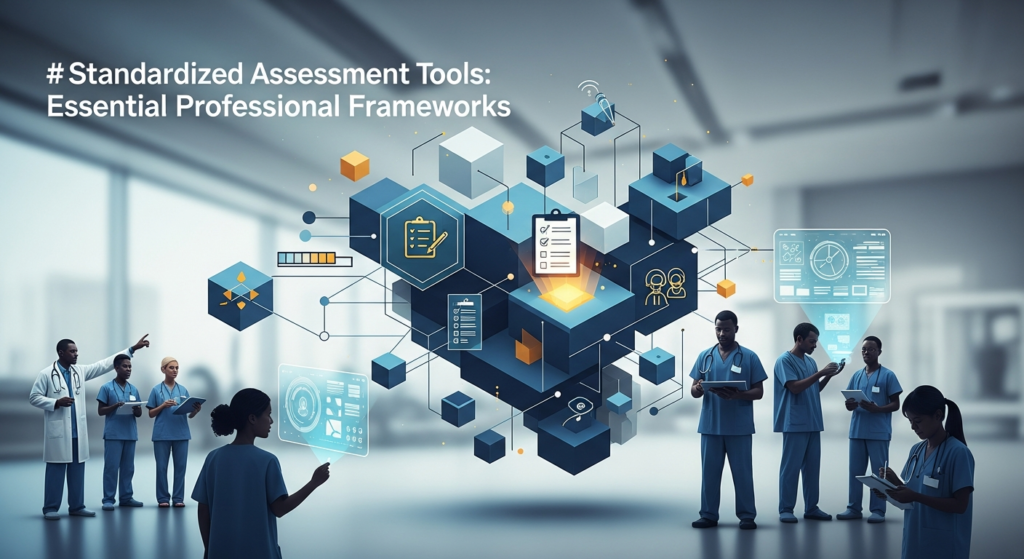
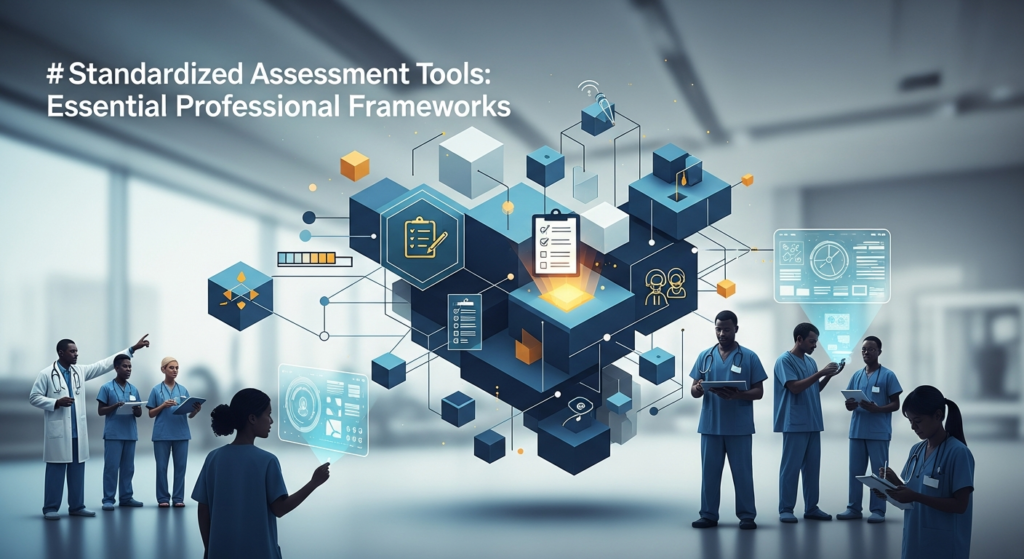
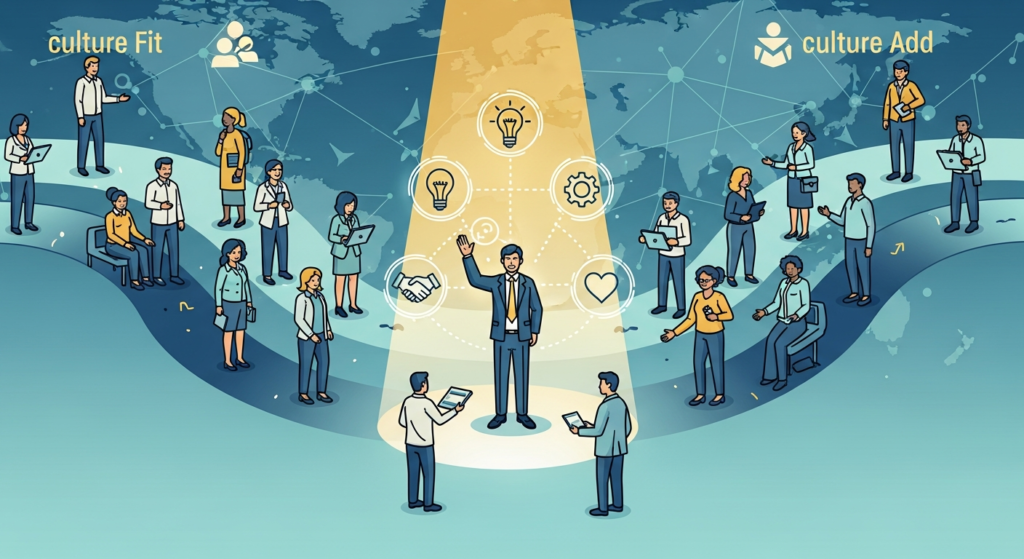
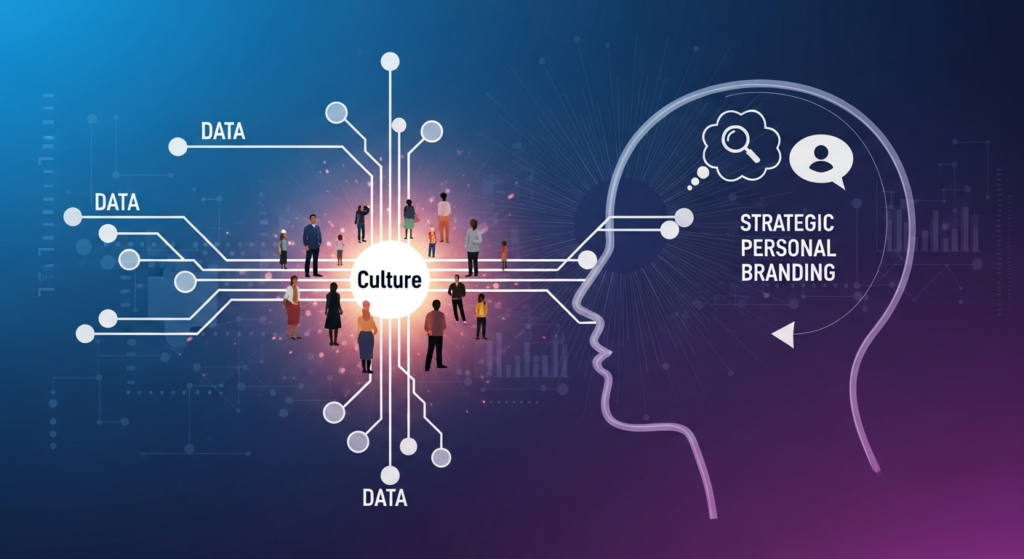
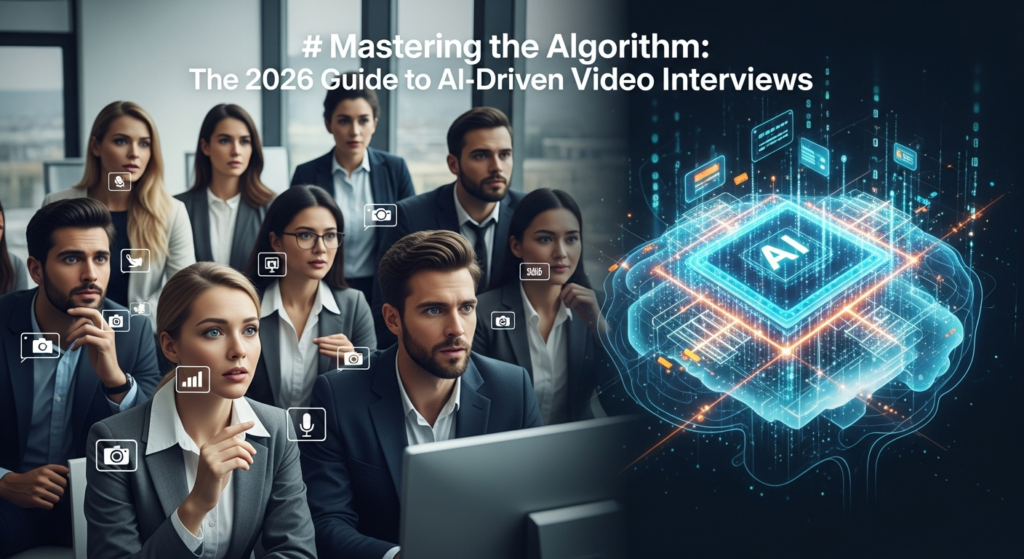
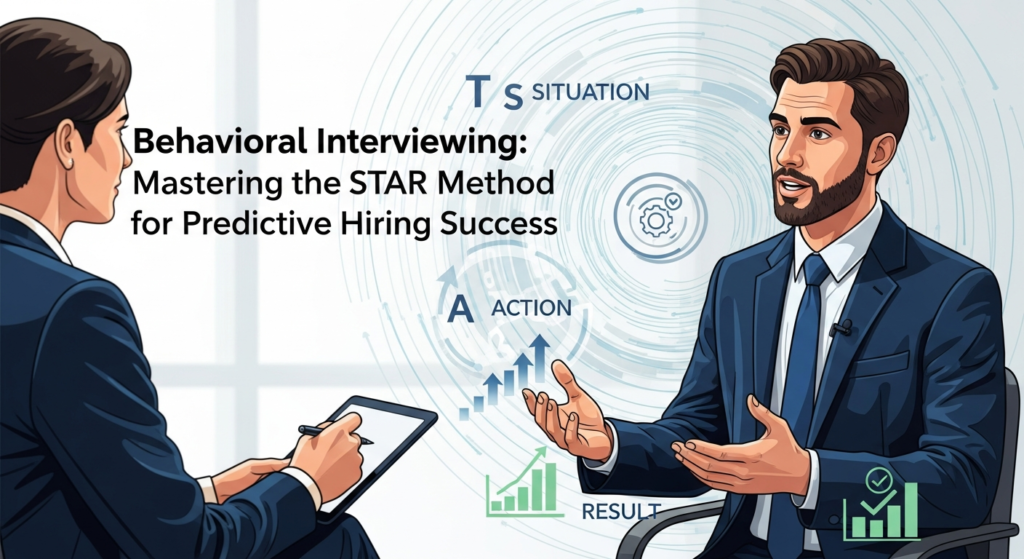
Leave a Reply